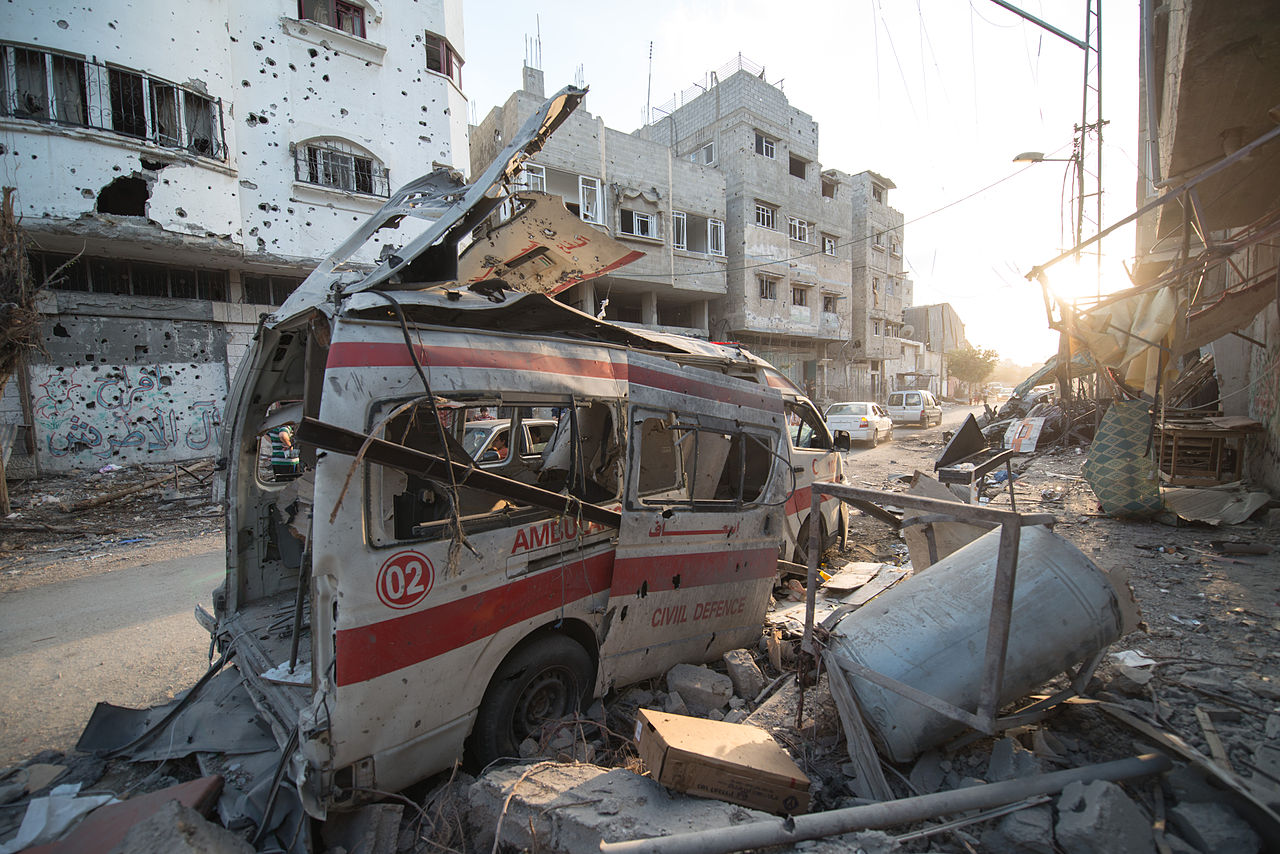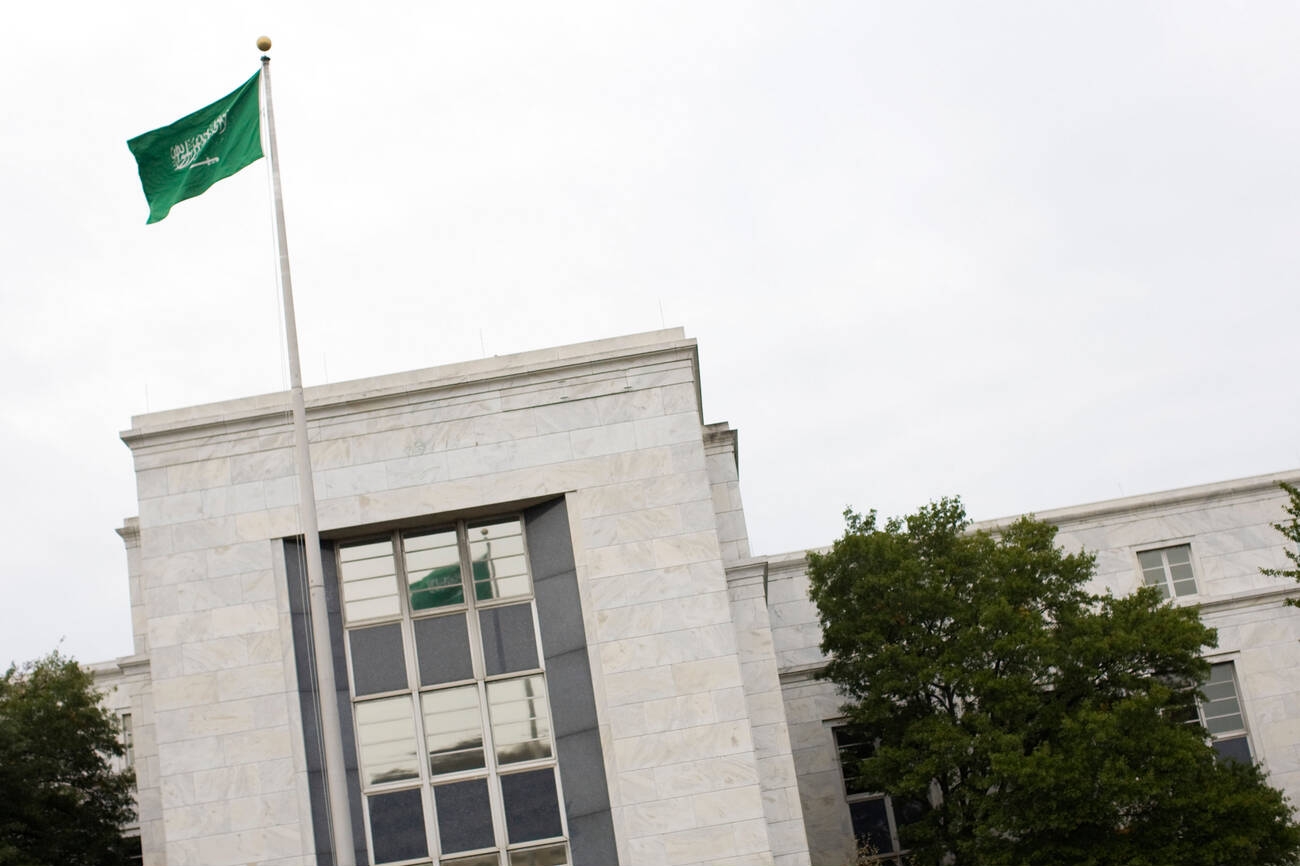In the first part of this research we tried to clarify how Israel’s policies in controlling the flow food and medicine into Palestinian territories has severely curtailed medical services in these areas.
Not only that, Israel is also wielding strict control over the Palestinian Authority’s health ministry, pushing the system towards complete collapse due to poor budget management and an apparent lack of interest on part of the Israeli officials to actually fix the system.
TThis problem has grown bigger over the past months, as a deadly covid-19 pandemic found its way into the occupied lands.
The Israeli government, as an occupying force, is required under the international law to provide the areas under its occupation with sufficient healthcare among other critical services.
Article 56 of the Geneva Conventions clearly states that the occupying power must fulfill its healthcare commitments with help from local authorities, something Israel has done little to achieve.
Article 55 requires the occupying party to guarantee access to sufficient healthcare if the local Palestinian government lacks the resources.
Israel, however, has refused to do so and is instead stirring more health concerns among Palestinians by mistreating Palestinian workers and subjecting them to all sorts of health hazards that might increase their chances of contracting covid and other diseases.
Article 59 of the Geneva Conventions states that all medical and emergency shipments of food and medicine are to be allowed to reach their destinations, the opposite of what the Israeli military has been doing by blocking aide convoys into Gaza.
It’salso worth noting that over 5,000 Palestinians are currently being held in Israeli prisons and there’s little detail available on the conditions they are being kept in.
The Committee on Economic, Social and Cultural Rights (CESCR) advised Israel in 2019 to take practical measures in order to make viable healthcare services available for people in Gaza by letting the equipment in and out of Gaza while also transporting the doctors and their teams.
Jerusalem, with a population of over 350,000 Palestinians, is the city hardest hit by the coronavirus in the occupied territories. However, the Israeli authorities have been keeping Arabic instructions on the pandemic scarce, a move that can only be viewed as an attempt to prevent awareness about the disease.
Nickolay Mladenov, the UN Special Coordinator for the Middle East Peace Process, warned in April last year that only 4 out of 6 hospitals in East Jerusalem were equipped to respond to covid-19 cases.
This is in part due to high tax rates introduced by Israeli that keep the hospitals from bringing in people that have enough expertise to help address the growing health concerns.
Israel’s move in constantly cutting Gaza’s electricity and blocking fuel shipments into the region under the pretext that they are dual-purpose items that could be used to achieve military ends, has worsened the health situation.
Israel has also continued to harass Palestinian fishing boats amid the ongoing shortage of food.
The Israel military, which had announced in April 2020 that it will temporarily halt destroying Palestinian houses to help control the covid-19 spread, has continued to raze buildings to pave the way for more illegal Israeli settlements.
The 13 year siege on Gaza means that medical experts often fail to keep up with modern medicine and this forces over 9,000 patients, one fourth of them cancer patients, to apply for medical permits to leave Gaza.
Israel doesn’t even let the local authorities in Gaza to import concrete and other materials needed to reconstruct hospitals damaged in its own airstrikes, arguing the material could be used by militias to strengthen their facilities.
It’s the same for x-ray equipment as well as backup batteries for hospitals.
PET/CT scanners along with items as simple as gloves also fall in the banned category of imported items.
With that said, it comes as no surprise that all of the seven CT scan machines in the Palestinian break down regularly and only two hospitals have been authorized by Israel to bring in the newer technology to keep the service available to the patients.
There is also an acute shortage of oncologists on the Palestinian side of the border, where only six specialist doctors serve a population of 3 million in the West Bank and seven others visit patients throughout the East Jerusalem. Matters are worse in Gaza, where only three oncologists are available for the entire population of around 2 million.
The separation of the West Bank and the Gaza Strip also meant that the universities on the both sides could no longer cooperate due to the physical barrier that hindered safe passage. As a result, Gaza has faced a severe medical brain drain because doctors who choose to stay there might need to work as much as 70 hours a week for $280. So etines they only receive half of their monthly salary because of the sanction Israel has imposed on the local government.
A study showed in 2011 that Israeli checkpoints caused at least 10 percent of the ambulances carrying pregnant women in labor to face long delays. Between 2000 and 2007, 69 women gave birth to their children on the way to the hospital. In 35 cases the child died while in five other cases the mothers lost their lives and only in 29 cases the crew born babies lived.
West Bank patients who need to be taken to hospitals in East Jerusalem, should change ambulances at the Israeli checkpoints as a security measure the Tel Aviv government think is necessary to ensure the safety of its citizens.
These so-called “back to back” ambulance rides are only possible with direct permission from the Israeli authorities, who can and have refused to grant the permits on more than a few occasion, forcing the patients to go back.
The World Health Organization (WHO) found in 2017 that only 54 percent of ambulances coming from Gaza had been granted the permission, the lowest number since 2011. Some 54 patints, most of them diagnosed with cancer, died because of this in the same year.
The dire economic situation in Gaza means that the average family of four can’t usually afford insurance plans over $300 a year, which cover the bare minimum services.
This is while some 40 percent of the Palestinian Authority’s healthcare budget is funded by people and as the economic situation worsens, things are expected to get even worse.
All in all, it’s hard to assume that Israeli officials are unaware of the state Palestine’s healthcare system is currently in and therefore their reluctance to take action in order to at least keep it from taking a turn for the worse only shows that they indeed want the current situation to last. This benefits Israel because it can use it as leverage in its political plans to reach lasting peace with the Palestinians, who are still refusing to give up their lands despite all the pressure they have faced over the past decades.


















